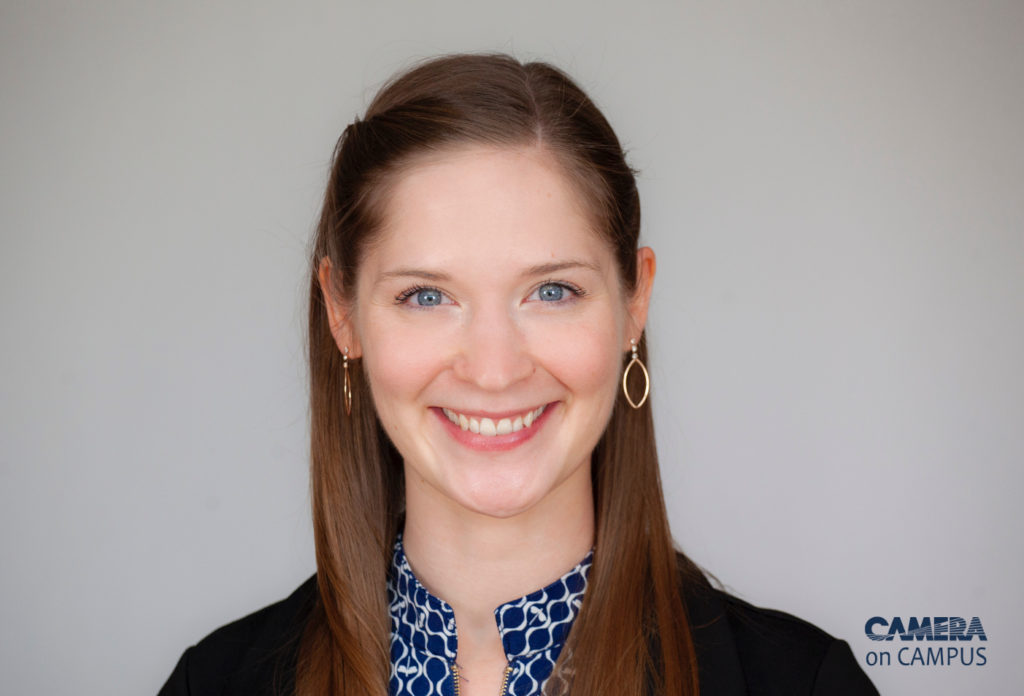
On September 27, Elon University hosted former South Carolina governor and UN Ambassador Nikki Haley as the Fall 2019 Convocation speaker.
The description of the event on Elon’s Speaker Series webpage was brimming with notes of the former ambassador’s many accomplishments, including her record as a human rights advocate and her vocal stance against abuses committed by the regimes in Iran and Syria. But Nikki Haley’s consistent advocacy for the nation of Israel during her term at the United Nations was notably absent, and later only received scant attention in the brief bio handed out at the event itself.
In reality, her support for Israel was one of the major trademarks of Haley’s term at the UN. Shortly after her appointment, Haley was interviewed at the 2017 AIPAC Conference, where she made the statement: “Never do we [America] not have the backs of our friends. We don’t have a greater friend than Israel.”
Living up to that statement, Haley repeatedly condemned the double standard that existed (and still does) at the UN against Israel.
Speaking at a session of the Security Council that was called to assess the violence on the Gaza border after the US announced its decision to move its embassy to Jerusalem (per a 1995 law), Ambassador Haley rebuked her fellow ambassadors for singling out Israel for condemnation while ignoring Iran’s aggressive posturing in Syria.

“Those who suggest that the Gaza violence has anything to do with the location of the American embassy are sorely mistaken,” she declared. “Rather, the violence comes from those who reject the existence of the State of Israel in any location. Such a motivation, the destruction of a United Nations member state, is so illegitimate as to not be worth our time in the Security Council other than the time it takes to denounce it.”
Likewise, ahead of a UN General Assembly vote on the status of Jerusalem in December 2017, Ambassador Haley stated that “to its shame, the United Nations has long been a hostile place for the State of Israel. Both the current and the previous UN Secretary Generals have objected to the UN’s disproportionate focus on Israel. It’s a wrong that undermines the credibility of this institution and that in turn is harmful for the entire world.”
Haley’s firm stance in support of the only Jewish majority state in the Middle East (and the world) regularly earned bipartisan support in the United States and recognition in Israel. Upon the announcement that Haley would be stepping down from the role of UN ambassador, Israel’s president, Reuven Rivlin, stated that “more than once, by speaking clearly, [Nikki Haley] tore away the cynical smokescreen that was masking what the United Nations and international organizations were really doing.”
Israel’s own envoy to the UN, Danny Danon, added his own heartfelt remarks to the departing Haley: “Thank you for standing with the truth without fear. Thank you for representing the values common to Israel and the United States.”
On the day of the Elon event, rumors of possible protests against Ambassador Haley led to the university increasing security — but the protesters failed to materialize. In fact, Haley’s remarks on the importance of building bridges and standing up against oppressive regimes in the world prompted several standing ovations from the audience.
The most outspoken opposition to her visit came in the form of a student-written op-ed published the morning prior to her speech. Hank Credle, a member of the College Democrats, accused Haley of denying “the right of Palestinians to exist,” and mocked her for her support of Israel at the United Nations, while making the claim that she “lied about made-up violations of the Iran nuclear deal.” Credle also threw in several mentions of American “imperial ambitions” in Venezuela for good measure, and concluded his piece by castigating Elon University for claiming that Nikki Haley supported human rights at all (a bold claim from someone who had just downplayed the abuses of two of the top violators in the world: Iran and Venezuela).
“Haley’s remarks on the importance of building bridges and standing up against oppressive regimes in the world prompted several standing ovations from the audience.”
But Haley’s speech, and the subsequent interview by the former US ambassador to Estonia, Aldona Wos, received praise from those who heard it. “She had some very important messages that are consistent with the messages we give students about listening to one another,” the dean of students, Jana Lynn Patterson, was quoted saying by the Elon News Network, “taking time to sit down with one another, and really trying to understand and reach across that aisle.”
Originally published in The Algemeiner.
Contributed by 2019-2020 Elon University CAMERA Fellow Candace Hall.

